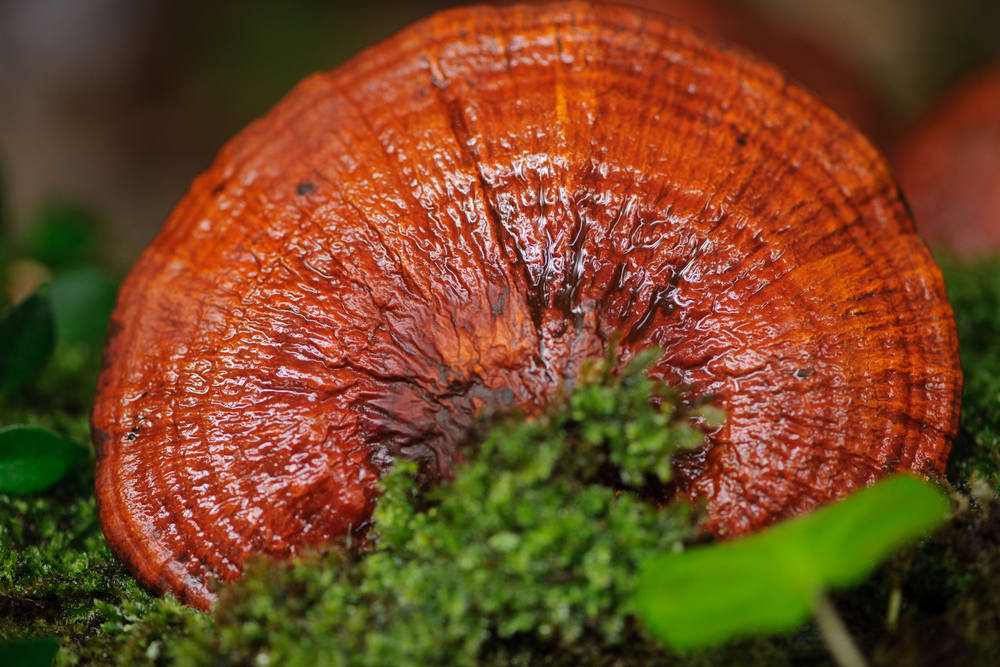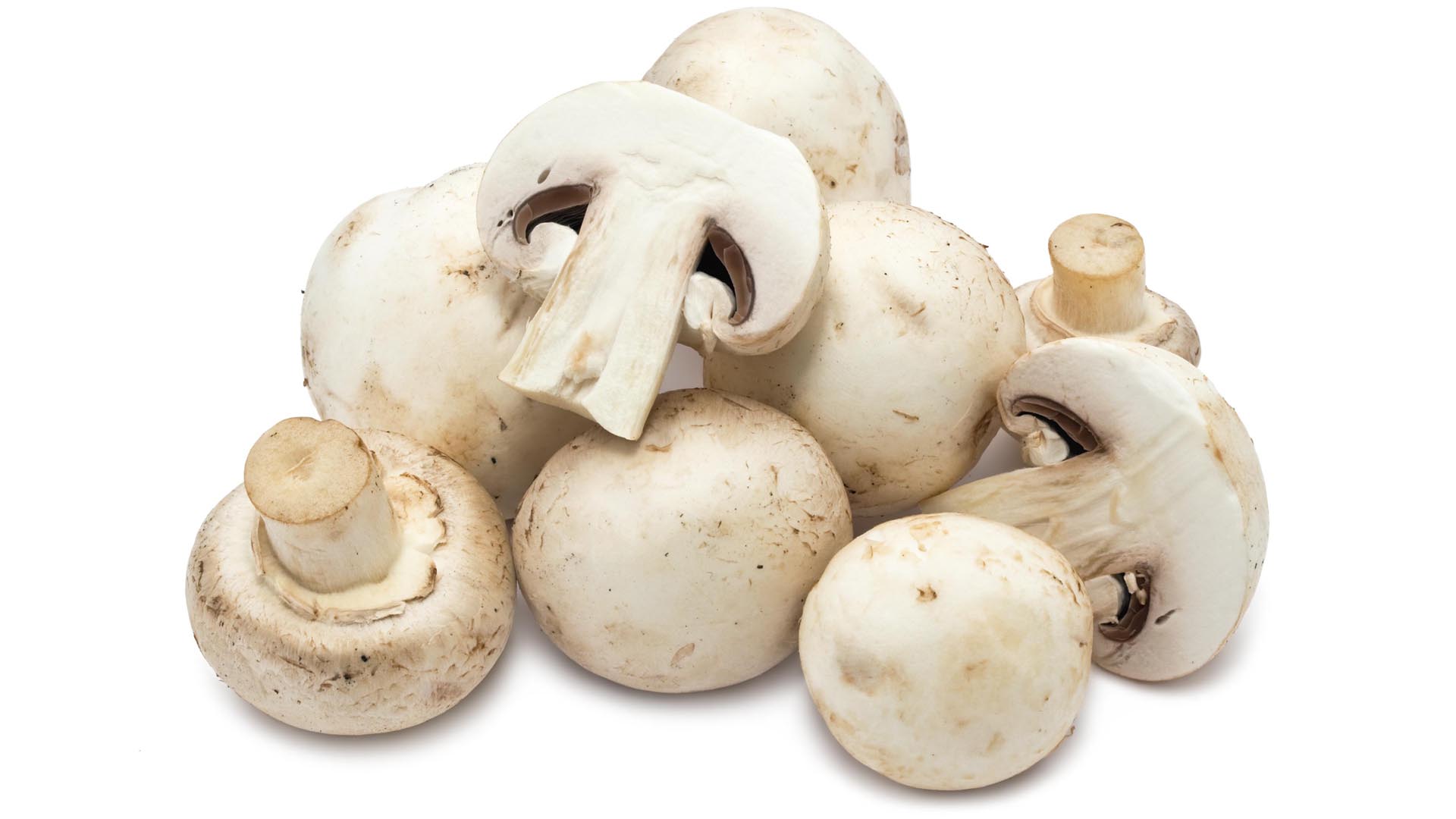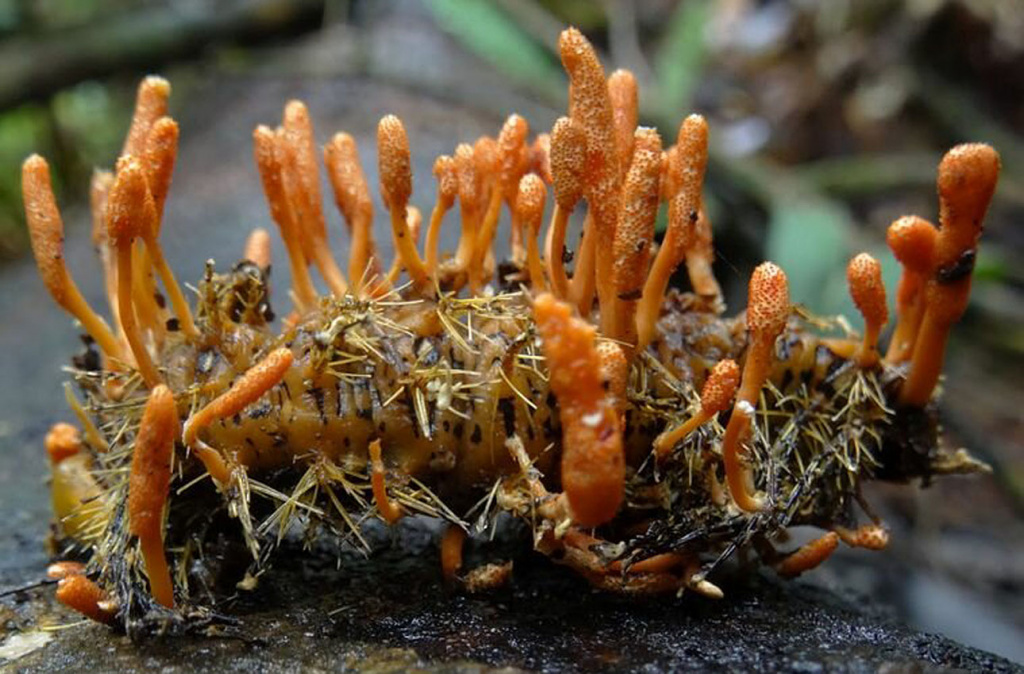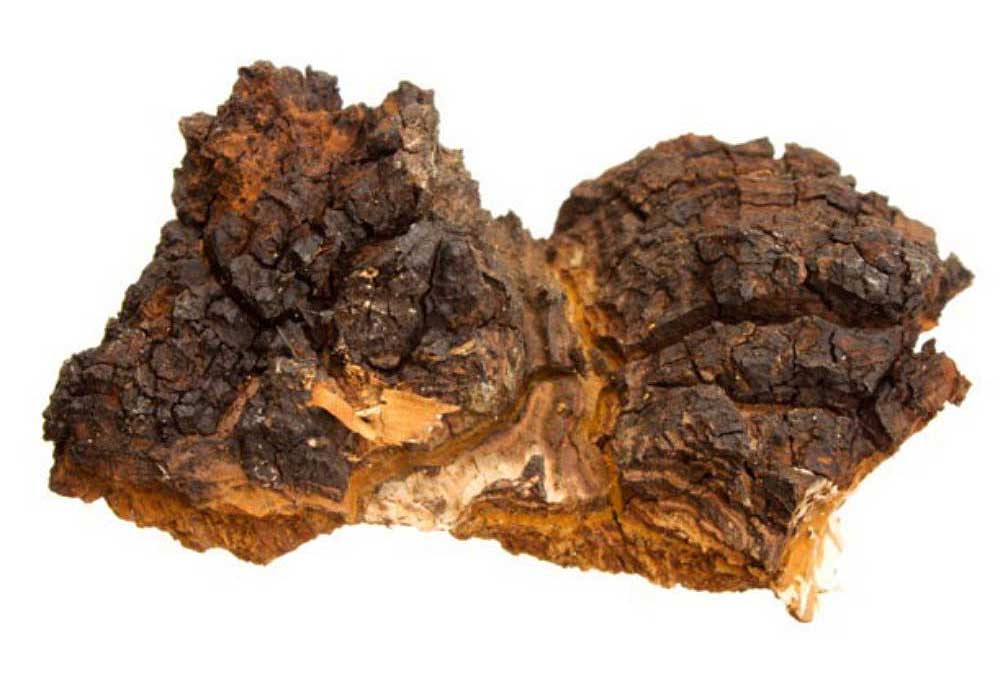Introduction
Mushrooms have been consumed for centuries in various cultures for their potential health benefits. Among the many types of mushrooms, Reishi (Ganoderma lucidum) stands out as a particularly revered and potent variety. Reishi is often referred to as the “Mushroom of Immortality” due to its remarkable health-enhancing properties. In this comprehensive guide, we will explore the numerous benefits of Reishi functional mushrooms, shedding light on its historical use, its rich nutritional profile, and the scientific evidence supporting its potential therapeutic applications.
Reishi Mushroom: A Historical Perspective
Reishi mushrooms have a long history of use in traditional medicine, particularly in Asia. They have been a fundamental component of Traditional Chinese Medicine (TCM) for over 2,000 years. In ancient texts, Reishi is described as a symbol of good luck, health, and longevity. Emperors and nobility in ancient China considered it a prized elixir and often consumed it in various forms.
In Japan, Reishi mushrooms have also been highly regarded for their medicinal properties. They have been used to boost the immune system and promote overall well-being. The history of Reishi in traditional medicine lends credibility to its reputation as a functional mushroom with numerous health benefits.
Nutritional Profile of Reishi Mushrooms
Reishi mushrooms offer a wide array of bioactive compounds that contribute to their health benefits. These include:
- Polysaccharides: Reishi mushrooms contain a variety of complex carbohydrates, including beta-glucans, which are known for their immune-enhancing properties. These polysaccharides help stimulate the immune system and may assist in fighting infections and illnesses.
- Triterpenes: Reishi mushrooms are rich in triterpenes, which are potent anti-inflammatory and antioxidant compounds. They may play a role in reducing oxidative stress, which is linked to various chronic diseases.
- Ganoderic acids: These compounds found in Reishi have been associated with potential antitumor and antiviral properties. They are believed to inhibit the growth of cancer cells and help control viral infections.
- Amino acids: Reishi mushrooms contain various amino acids, which are essential for various biological processes in the body, including protein synthesis and neurotransmitter production.
- Minerals and vitamins: Reishi mushrooms provide minerals such as potassium, calcium, and magnesium, as well as vitamins like vitamin D, which is essential for bone health and overall well-being.
Immune System Support
One of the most well-known benefits of Reishi mushrooms is their ability to support and enhance the immune system. The polysaccharides in Reishi stimulate the production of immune cells and help regulate the immune response. This can be particularly helpful in situations where the immune system needs to be bolstered, such as during a bout of illness or as a preventative measure to avoid infections.
Studies have shown that Reishi extract can increase the activity of natural killer (NK) cells, which are responsible for identifying and destroying cancer cells and cells infected with viruses. This immune-boosting property is especially valuable in the context of cancer treatment and prevention.
Adaptogenic Properties
Reishi mushrooms are considered adaptogens, which means they help the body adapt to stressors and maintain balance. The adaptogenic properties of Reishi can have a positive impact on both mental and physical health. They may reduce the negative effects of chronic stress by regulating cortisol levels and promoting relaxation.
These mushrooms are believed to enhance the body’s resilience to physical and mental stressors, making them valuable for individuals dealing with high-stress lifestyles or facing chronic health conditions. By promoting a state of equilibrium, Reishi may improve overall well-being and quality of life.
Antioxidant Effects
Oxidative stress, caused by an imbalance between free radicals and antioxidants in the body, is a key factor in the development of chronic diseases and the aging process. Reishi mushrooms are rich in triterpenes and other antioxidants that can neutralize free radicals and reduce oxidative stress.
The ganoderic acids found in Reishi are particularly effective at combating oxidative stress. These compounds have been shown to protect cells and DNA from damage caused by free radicals. By reducing oxidative stress, Reishi may help prevent or mitigate the development of conditions like cardiovascular disease, diabetes, and neurodegenerative disorders.
Anti-Inflammatory Properties
Chronic inflammation is associated with a wide range of health issues, from arthritis to autoimmune diseases. Reishi mushrooms have been found to possess potent anti-inflammatory properties due to their triterpene content. These compounds can help regulate the body’s inflammatory response and reduce the severity of chronic inflammation.
Inflammatory conditions often involve the production of pro-inflammatory cytokines. Reishi mushrooms may inhibit the release of these cytokines, leading to a reduction in inflammation. This anti-inflammatory effect makes Reishi a potential complementary therapy for conditions such as rheumatoid arthritis and inflammatory bowel disease.
Cardiovascular Health
Reishi mushrooms may contribute to cardiovascular health in several ways. Research suggests that they can help lower blood pressure and improve circulation. This is due in part to their ability to relax blood vessels and reduce oxidative stress, which can improve overall heart function.
Additionally, Reishi may have cholesterol-lowering effects. Some studies have shown that Reishi extract can reduce levels of LDL (low-density lipoprotein) cholesterol, which is often referred to as “bad” cholesterol. Lowering LDL cholesterol levels is a key strategy in reducing the risk of heart disease.
Liver Support
The liver is a vital organ responsible for detoxifying the body, metabolizing nutrients, and storing energy. Reishi mushrooms have been studied for their potential to support liver health. They may help protect the liver from damage caused by toxins and promote liver regeneration.
The triterpenes in Reishi have been shown to enhance liver function by increasing the activity of antioxidant enzymes in the liver. This can help the liver process toxins more efficiently and reduce the risk of liver damage.
Anticancer Properties
Reishi mushrooms have been a subject of extensive research regarding their potential to prevent and treat cancer. While they are not a standalone cure for cancer, they have shown promise in various aspects of cancer management.
Ganoderic acids found in Reishi have demonstrated anticancer properties in laboratory studies. They may inhibit the growth of cancer cells and suppress tumor formation. Additionally, Reishi can enhance the immune system’s ability to recognize and attack cancer cells, making it a valuable complement to conventional cancer treatments.
Respiratory Health
Reishi mushrooms have been used traditionally to support respiratory health, particularly in the treatment of asthma and other respiratory conditions. Their anti-inflammatory properties may help reduce inflammation in the airways, making it easier for individuals with asthma to breathe.
Some studies suggest that Reishi extract can improve lung function and reduce the severity of asthma symptoms. This is attributed to the triterpenes in Reishi, which have bronchodilatory effects.
Neurological Benefits
Reishi mushrooms may offer neuroprotective benefits, potentially contributing to better cognitive health and mental well-being. They have been researched for their role in supporting conditions like Alzheimer’s disease and Parkinson’s disease.
The triterpenes found in Reishi mushrooms have antioxidant and anti-inflammatory properties that can help protect nerve cells from damage. This neuroprotection may slow down the progression of neurodegenerative diseases and improve overall brain health.
Allergies and Asthma
Reishi mushrooms may be beneficial for individuals with allergies or asthma. Allergic reactions and asthma symptoms are often triggered by an overactive immune response. Reishi’s immunomodulatory effects can help regulate the immune system and reduce the severity of allergic reactions.
By calming the immune response, Reishi may alleviate symptoms of allergies and asthma. Some people have reported a reduction in sneezing, nasal congestion, and wheezing after incorporating Reishi supplements into their routine.
Better Sleep
Reishi mushrooms are believed to have a calming effect on the central nervous system, which may result in improved sleep quality. Traditional medicine has utilized Reishi to alleviate sleep disorders and promote a more restful night’s sleep.
In modern times, research has suggested that Reishi may influence sleep patterns by reducing anxiety and stress, two factors that can disrupt sleep. By promoting relaxation and reducing stress levels, Reishi may contribute to more restorative sleep.
Anti-Aging Properties
Reishi’s reputation as the “Mushroom of Immortality” extends to its potential anti-aging properties. The antioxidant compounds in Reishi mushrooms can help protect the skin from premature aging caused by free radicals and environmental factors.
The triterpenes found in Reishi may also support collagen production, which is essential for maintaining skin elasticity and preventing wrinkles. While Reishi cannot halt the aging process, it can potentially slow down the visible signs of aging and promote a youthful appearance.
Weight Management
Maintaining a healthy weight is essential for overall well-being. Reishi mushrooms may play a role in weight management by influencing metabolic processes. Some studies suggest that Reishi can help regulate blood sugar levels and improve insulin sensitivity.
By supporting healthy blood sugar regulation, Reishi may contribute to weight loss and the prevention of obesity-related health issues. Additionally, its adaptogenic properties can help individuals manage stress-related eating and emotional overeating.
How to Incorporate Reishi Mushrooms into Your Diet
Reishi mushrooms are available in various forms, making it convenient to incorporate them into your diet. Here are some popular ways to enjoy the benefits of Reishi:
- Reishi Tea: Reishi tea is a traditional way to consume these mushrooms. It’s made by simmering dried Reishi slices in hot water. You can add other herbs and spices to enhance the flavor.
- Reishi Supplements: Reishi supplements, available in the form of capsules, powders, and extracts, provide a convenient way to reap the benefits of Reishi without the need to prepare it as a food.
- Reishi Powder: Reishi powder can be added to smoothies, soups, and other dishes to boost their nutritional value. It has a slightly bitter taste that can complement savory recipes.
- Reishi Coffee: Some companies offer Reishi coffee blends that combine the health benefits of Reishi with the caffeine kick of coffee. This can be a great way to start your day.
- Reishi Tinctures: Tinctures are liquid extracts of Reishi mushrooms that can be added to beverages or taken directly for a concentrated dose of its active compounds.
- Reishi Capsules: If you prefer a straightforward method of consumption, Reishi capsules are a simple way to get the benefits without the taste of the mushroom.
Precautions and Considerations
While Reishi mushrooms offer numerous potential health benefits, it’s important to keep a few precautions in mind:
- Consult a Healthcare Professional: Before adding Reishi supplements to your diet, especially if you have pre-existing health conditions or are taking medication, it’s advisable to consult a healthcare professional.
- Quality Matters: The quality and purity of Reishi supplements can vary. Look for reputable brands that provide third-party testing to ensure the product’s authenticity and safety.
- Allergies: Some individuals may be allergic to mushrooms, including Reishi. If you have a history of mushroom allergies, exercise caution when trying Reishi for the first time.
- Dosage: Follow the recommended dosage guidelines provided by the manufacturer. Avoid excessive consumption, as high doses may lead to adverse effects.
- Interactions: Reishi may interact with certain medications, such as blood-thinners. Discuss any potential interactions with your healthcare provider.
Conclusion
Reishi functional mushrooms have a rich history of traditional use and a growing body of scientific research supporting their many health benefits. From immune system support and adaptogenic properties to their potential role in cancer prevention and anti-aging, Reishi mushrooms offer a wide range of advantages for overall well-being.
If you’re considering incorporating Reishi into your wellness routine, it’s essential to choose high-quality products, consult with a healthcare professional when necessary, and follow recommended dosages. With responsible use, Reishi mushrooms can be a valuable addition to your holistic approach to health and longevity, as they have been for countless individuals throughout history.
- Sippin’ on Shrooms: My Flavorful Adventure with House of Shrooms’ Mushroom Drinks - July 29, 2024
- Benefits of Glucosamine Supplements - November 6, 2023
- Benefits of Reishi Functional Mushrooms: A Comprehensive Guide - November 6, 2023




